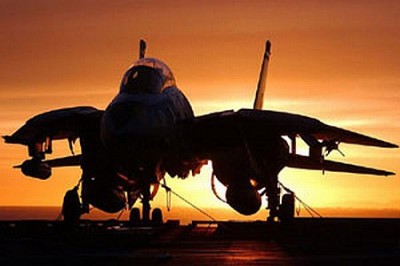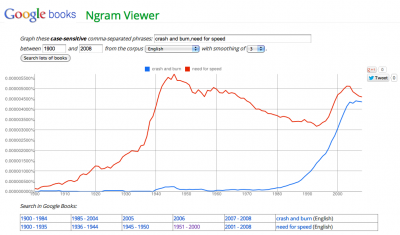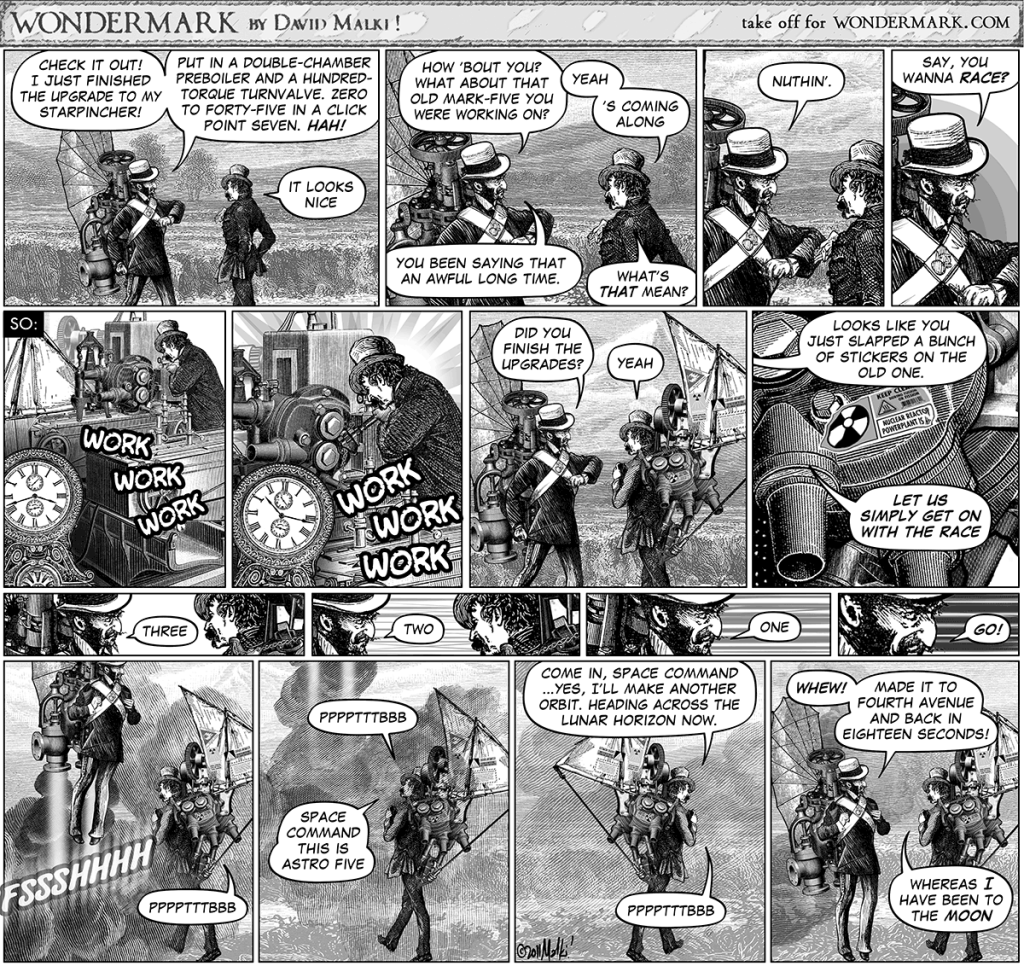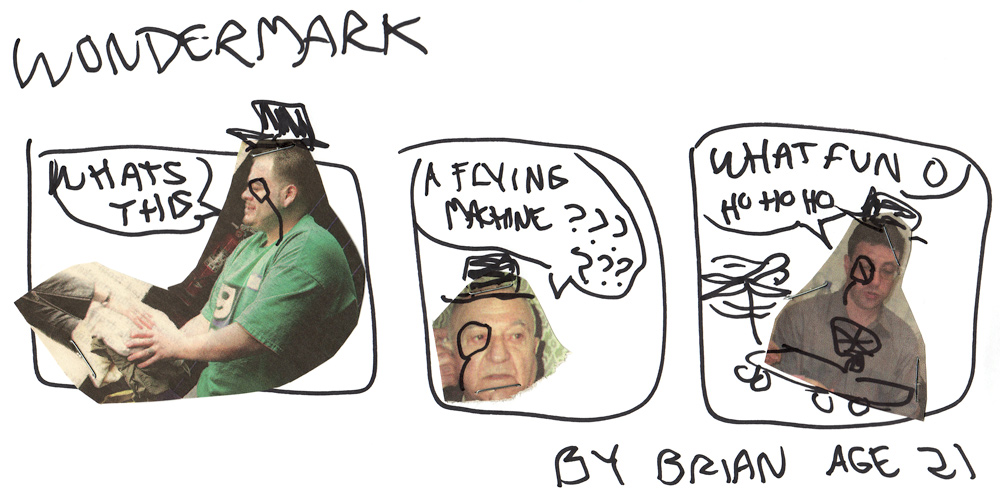
I was saddened to hear over the weekend about the death of director Tony Scott. I haven’t seen a ton of his films, but we dissected Crimson Tide in film school as basically a perfect movie, and of course as a young airplane nut (and specifically fighter-jet nut), Top Gun was pretty seminal for me. I remember all the kids on the playground quoting it in second grade, but it was several years before I could convince my (much older) sister to rent it during a visit to her house.
There’s a lot you can dislike about Top Gun — it’s jingoistic (though not more than many other movies of its time), has some muddled sexual politics, and of course it’s part of the Bruckheimer school of connect-the-dots violent bombast. Still, I think it’s possible to be a fan of problematic things, and I like Top Gun. It’s got airplanes doing cool airplane things, and fighter pilots being hotshots, and just enough aviation lingo peppered into the dialogue to make me feel cool that I know what a RIO is.
Combine that enthusiasm with my background in filmmaking, and here’s a surefire recipe for A Thing That Dave Likes — a very long Making of Top Gun documentary, presumably from a fairly recent DVD release. Here it is on YouTube in two parts!
The documentary features interviews with most of the principal cast (except Kelly McGillis and Anthony Edwards), but including Tom Cruise, Val Kilmer, Michael Ironside, and the actors who played “Wolfman” and “Slider”. Also interviewed are director Tony Scott, producer Jerry Bruckheimer, the editors, one of the writers, several of the pilots and technical advisors, and several of the musicians who worked on the soundtrack, including Kenny Loggins and Harold Faltermeyer.
I personally found it super fascinating! Top Gun came out when I was real young, so it’s always kinda been there, a huge part of the cultural landscape. Yet it hasn’t been obsessively dissected the way that something like Star Wars has, so a lot of the insights and background were completely new to me. In particular, I enjoyed learning about:
• The process of working with the Navy during the script stage to try and find a compromise between a feasible movie, an accurate movie, and an entertaining movie
• How the actors interacted with the actual pilots they were attempting to emulate — both in attitude and in practical matters (Tom Cruise couldn’t get enough of riding in an F-14, but some of the other actors puked up a storm, and Val Kilmer turned down any rides at all)
• How the aerial footage was obtained using camera placements and technique that had until then only been attempted in music videos
• The work of the special-effects unit, which built dozens upon dozens of scale model fighter planes and blew them up, tossed them off towers, and suspended them from cranes, sometimes in front of giant sky-blue backdrops if the weather wasn’t cooperating
• How the editors took hours and hours of miscellaneous aerial footage and essentially wrote huge parts of the story by assembling it however they could manage, then dubbing in new dialogue (over shots of the actors with oxygen masks covering their mouths)
• How the soundtrack was produced, and how it both made the band Berlin super-famous and directly led to their breakup. I found this in particular incredibly interesting: a reminder that sometimes you can’t control what you become known for, and how you deal with that fame, and reconcile that with your creative goals, is up to you.
• How the movie became a cultural force, and even the Navy pilots who’d denounced its lack of accuracy suddenly came around once they became celebrities overnight. The documentary even credits the movie for introducing terms like “crash and burn” into the common lexicon. That’s crazy! I’ve lived with “crash and burn” my entire life, and you’re telling me this movie started it??
SURE ENOUGH. The graph shows the prevalence, in printed media across the 20th century, of the terms “need for speed” (in red) and “crash and burn” (in blue).
(But what in the 40’s gave us “need for speed”? Now I want to find out about that!) (I am guessing it was the nation’s rapid mobilization for war.)
Of course, one of the other neat things about the documentary is hearing from Tony Scott. We won’t hear from him ever again, which is a loss for the world, and I’m glad we have his thoughts here, at least.
BONUS LINK: Somewhere on a floppy disk near my mom’s old 386 IBM compatible I’m sure there is still a painstakingly typed full transcription of a movie I watched a lot more than Top Gun, and that’s Hot Shots!
Rewatching it now, there’s less flying I remembered, but I get more of the jokes, and I can appreciate Lloyd Bridges even more. If you’ve never seen it, here’s the full movie on YouTube. A classic!






